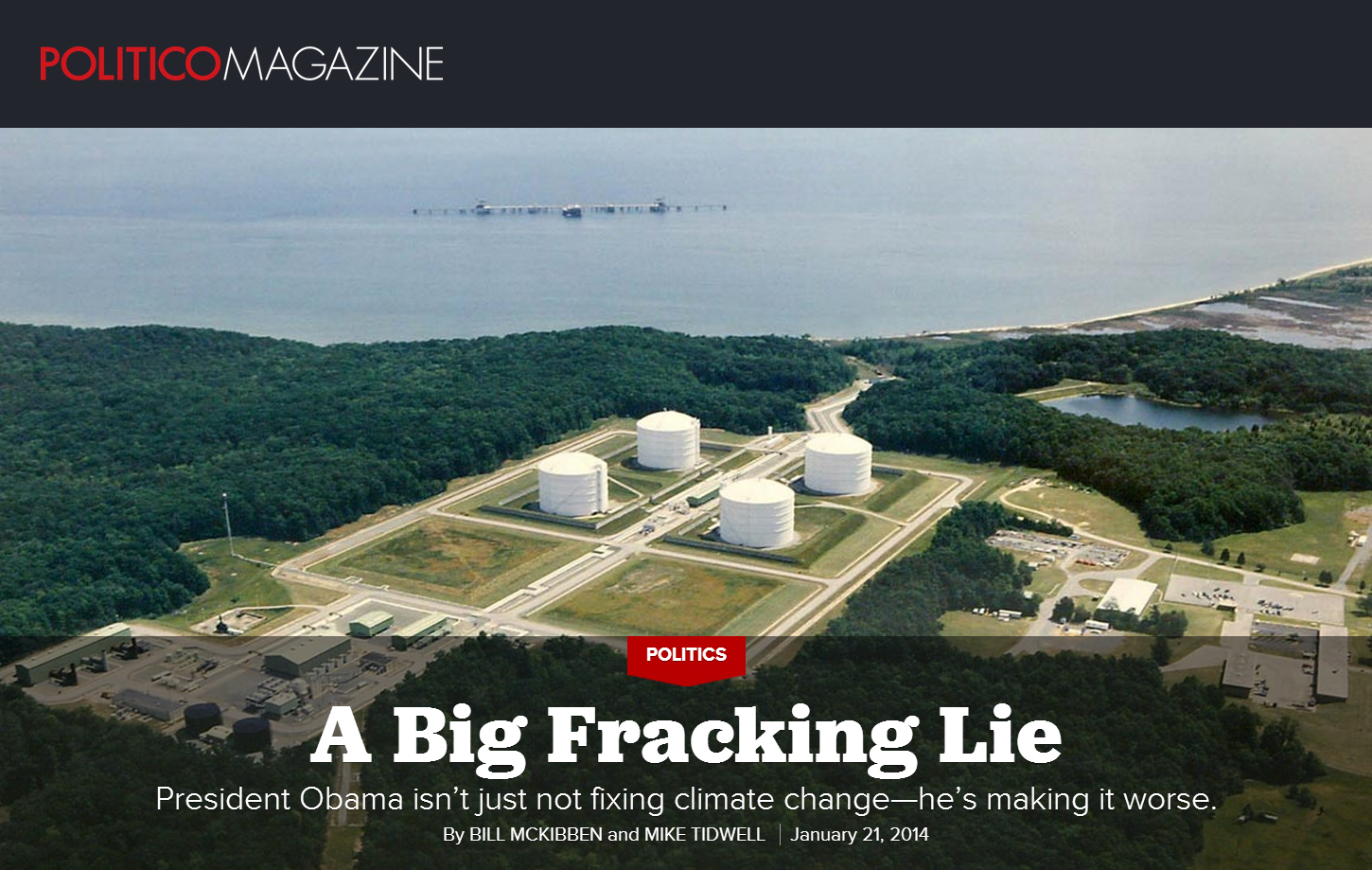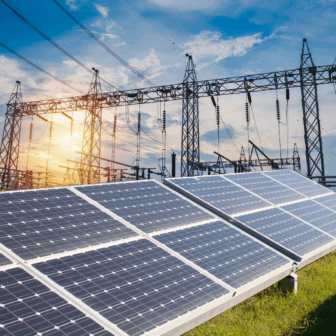Maryland
Last week, CCAN Director Mike Tidwell made huge news with a piece he co-wrote with Bill McKibben entitled, “A Big Fracking Lie.” The article has been shared almost 10,000 times on Politico and is one of the highest shared pieces of 2014. In it, Mike takes the Cove Point fight national, explaining why exporting fracked natural gas is a bad deal for Americans. Read it and share it with all your friends who are concerned about fracking!
All this talk about fracking in our region begs the question: could fracking come to Maryland? Unfortunately, the answer is yes, and energy companies are already eyeing shale basins that run under the state. Governor Martin O’Malley signed a temporary executive order in 2011 that put a hold on drilling permits in Maryland pending the completion of sufficient risk studies. That executive order expires in August, and many of those studies haven’t been completed. That’s why we’re fighting for a statutory moratorium this legislative session. You can join us to lobby your legislators by signing up for the Maryland Fracking Lobby night.
Washington College’s Center for Environment and Society is working with small towns in coastal Maryland to show that size doesn’t matter in reducing environmental impact. The ShorePower project follows a pilot program that has helped a small town reduce its energy costs, consumption, and emissions. It will inventory towns’ energy usage and make recommendations for reductions. According to MEA Director Abigail Hopper, the towns will “work to measure and change the way they consume energy and to incorporate more renewable sources.”
Virginia:
Last week, CCAN and our allies were happy to report that both houses of the Virginia legislature voted to repeal the $64 hybrid car tax. Enacted as part of a 2013 transportation bill, the tax was arbitrary and unfair from the start. It punished Virginians doing their part to reduce their carbon footprint. Its repeal is a step in the right direction for the state’s clean energy laws. To learn more about CCAN’s legislative priorities in Virginia, check out our Climate Solutions, Not More Pollution campaign page!
Fracking again? Yes, and this time the threat is in Virginia. The possibility of fracking in the George Washington National Forest is raising some serious questions about the potential impacts to its water resources, which help supply 4 million people in our region.
National:
West Virginia has been prominently featured in the news over the past few weeks because of a massive leak of chemicals involved in the coal mining process. Thousands of gallons of crude 4-methylcyclohexane methanol (MCHM) began leaking from tankers and seeping the Elk River. Here are five big questions about what happened, who is responsible, and where we go from here. Unfortunately, West Virginia’s troubles are far from over. Reports are now saying the spill was worse than initially thought, and the Environmental Protection Agency says it’s unclear how much chemical spilled into the river.
Coca Cola is seeing climate change impact its bottom line, as droughts put its water supply at risk. This realization is conflicting with the business community’s usual short-sighted insistence that regulating climate pollution is bad for business. However, Coke isn’t alone in its acknowledgment of climate change; the annual World Economic Forum is devoting one of its four days to panels and talks about climate change. As its effects become even more evident, we suspect the trend of acknowledging climate change and the social, environmental, and economic threats it brings will continue.
Recent polling reminds us that the base of people who care about confronting climate change is far more diverse than our politics or even our own organizations often reflect. The LA Times reports that “Nine in 10 Latino voters surveyed said it was important for the U.S. government to address global warming and climate change.”
In last night’s State of the Union address, President Obama touted the potential for job creation through renewable energy. 2013 was already a great year for jobs in the solar industry, as it added 26,300 new jobs nationwide, an increase of almost 20%.






